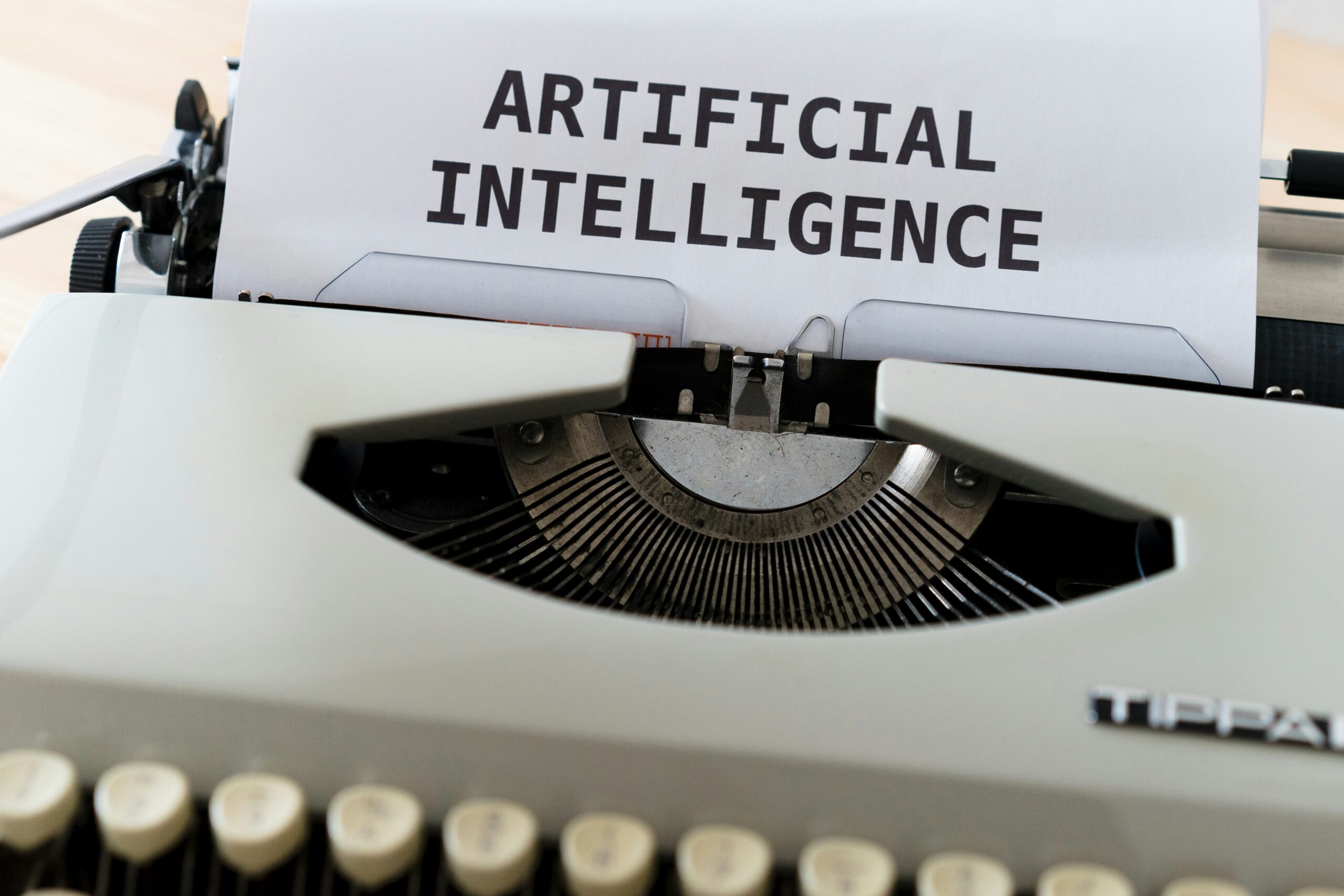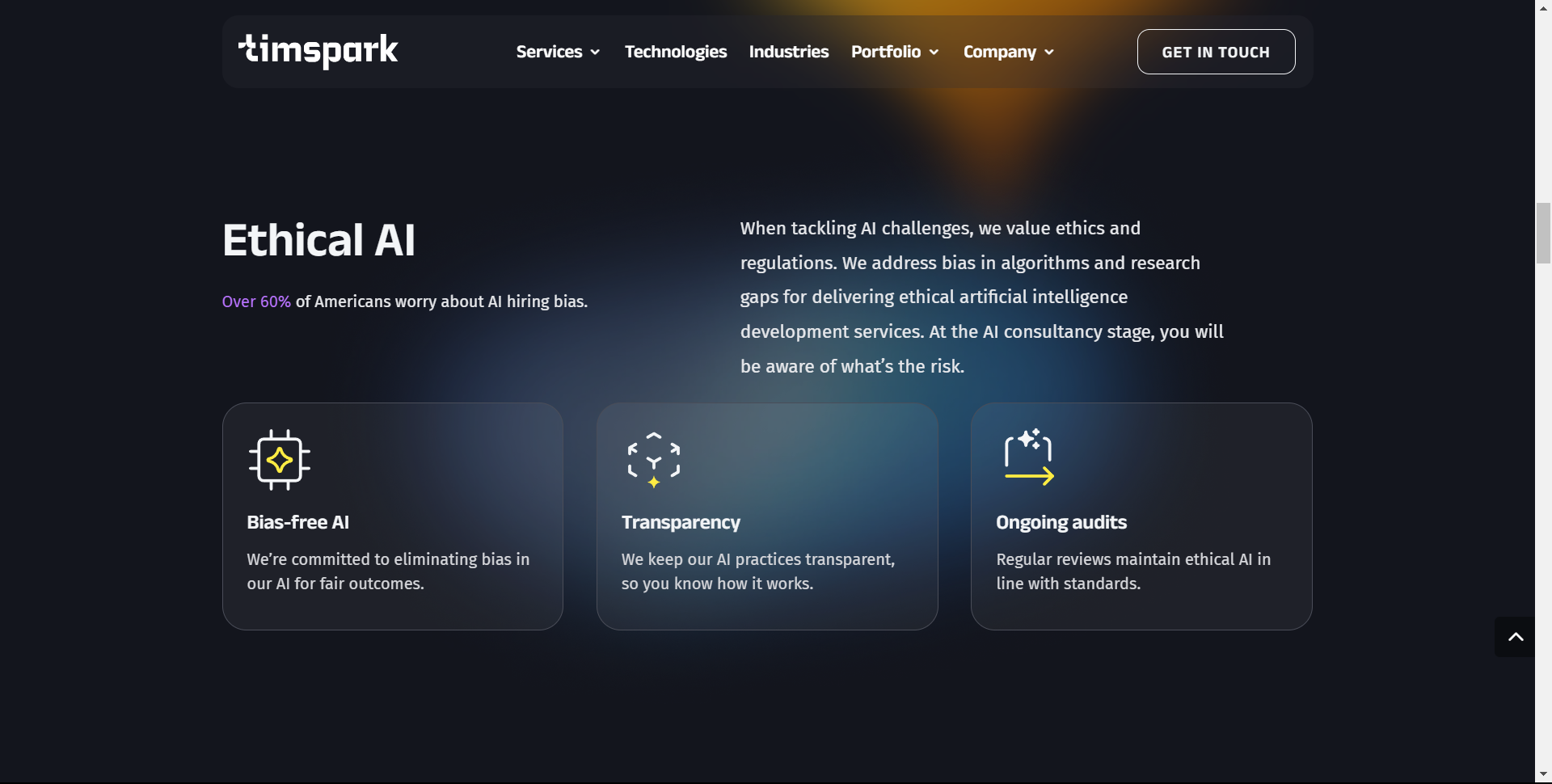Ensuring Ethical AI Development
How To Make AI Ethical?
Artificial Intelligence which is most commonly known for its short-form AI is a prevalent software. AI has rapidly developed and integrated itself into various sectors. This has helped it to revolutionize industries easily with its potential. Its capabilities have become boundless, from Artificial Intelligence (AI) software development to its applications in healthcare, education, farming, and many more. However, as AI continues to evolve in this era, so are the considerations of ethical points surrounding its use. Today in this article, we will explore and delve into some contexts that will help us to get to know what constitutes ethical AI, the consequences of AI errors, and provide tips to ensure ethical AI software development.
What’s Ethical AI?
Ethical AI refers to the software development and deployment of artificial intelligence or AI systems that prioritize transparency, fairness, inclusivity, and accountability. This involves ensuring that Artificial Intelligence technologies operate within moral and legal frameworks, respecting human societal values and rights. Ethical AI considers the impact of Artificial Intelligence systems on individuals, society, and communities as a whole.
One vital aspect of ethical AI is fairness. Artificial Intelligence algorithms should be designed to avoid discrimination and bias, treating all individuals equally regardless of gender, race, or other attributes. Transparency is also necessary which ensures that Artificial Intelligence systems are explainable and understandable to stakeholders and users. Accountability holds organizations and developers resposniblefor the decisions and actions of Artificial Intelligence (AI) systems, fostering reliability and trust.
Negative Consequences Of AI Errors
Which Artificial Intelligence offers numerous benefits, it also presents risks & negative consequences, especially when errors occur. These errors in the software can have significant impacts on individuals, society, and organizations. Some of the negative consequences of Artificial Intelligence errors include:
1. Bias And Discrimination
Artificial Intelligence algorithms can inadvertently perpetuate or even exacerbate biases prense in the data used for its training. This can result into discriminatory outcomes, such as unequal access to services or biased hiring practices.
2. Privacy Violations
AI systems that is capable of processing data may pose risks to privacy if not protected adequately. Unauthorizes access or misuse of the data can lead to breaches of privacy rights and harm to the autonomy of individuals.
3. Safety Risks
In sectors such as transportation and healthcare, AI errors can pose significant risks for safety. Let’s say for example, a n autonomous vehicle malfunction or a flawed medical diagnosis could result in severe consequences suchas as some sort of injury or loss of life.
4. Economic Disruption
Automation which id driven by the AI technologies or models has the potential to disrupt labor market. This will lead to economic inequality and job displacement. Without proper safeguards and retraining initiatives, vulnerable individuals or populations may bear the brunt of these disruptions cause by AI.
Tips To Ensure Ethical AI Development
To mitigate the negative consequences of AI errors & promote more ethical AI development, developers should consider the following tips:
1. Diverse And Inclusive Teams
Inclusion of diverse perspectives & expertise in AI software development teams. Engaging sociologists, ethicits, and representatives from impacted communities for identifying and addressing potential concerns related to ethical AI.
2. Trasparent Algorithms
Designing AI algorithms that are explainable and transparent. The business or developers should provide users with insights about the AI software. So that they could understand how AI systems or technologiesmake decisions and the factors that can influence those decisions.
3. Regular Audits And Assessments
Conducting regular audits & assessments of AI systems to identify errors, unintended consequences, and biases. Implement mechanisms for ongoing improvement and monitoring.
4. Data Privacy And Security
Prioritizing data security and privacy throughout the lifecycle of AI software development. Adhering to best practices for data encryption, access controls, and anonymizaton to protect sensitive data or information.
5. Human Oversights And Accountability
Maintaining human accountability and oversights over artificial intelligence systems or technologies, especially in high-stakes domains susvha s criminal justice and healthcare. Ensuring that humans can override and intervene AI decisions when necessary.
6. Ethical Guidelines And Standards
Adhering and adopting to ethical AI guidelines and standards for AI software development and deployment, such as the IEEE Ethically Aligned Design Framework or principle for AI software developed by the European Commission.
7. Stakeholder Engagement And Education
Engaging with stakeholders which includes policymakers, advocacy groups, and users. This helps to foster awareness and understanding ethical AI issues. Prioviding training and education on ethical AI practices and principles.
By incoporating these ethical AI tips into Ai software development processes, organizations or individuals can promote the responsible use of Artificial Intelligence. This minimizes the harm and maximizes benefits for society and individuals as a whole.
Conclusion
AI development and AI in Healthcare are just two main area where considerations for ethical AI are paramount, highlighting the importance of ethical AI in shaping the society and future of technology.
In conclusion, ethical AI is necessary for harnessing the full potential of AI while minimizing the negative consequences and risks associated with its use. By prioritizing transparency, inclusitivity, fairness, and accountability, and implementing best oractoces for AI software development and deployment. By this we can create AI systems or technologies that serve the common good & uphold fundamental ethical prinicples.



Leave a Reply